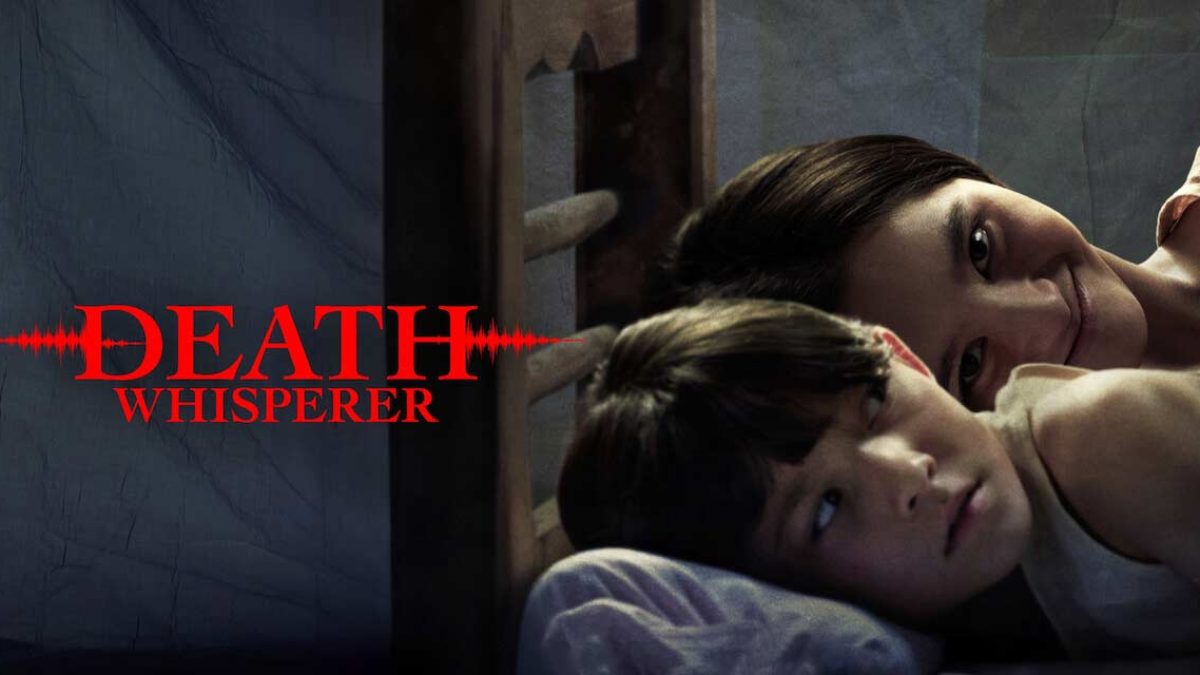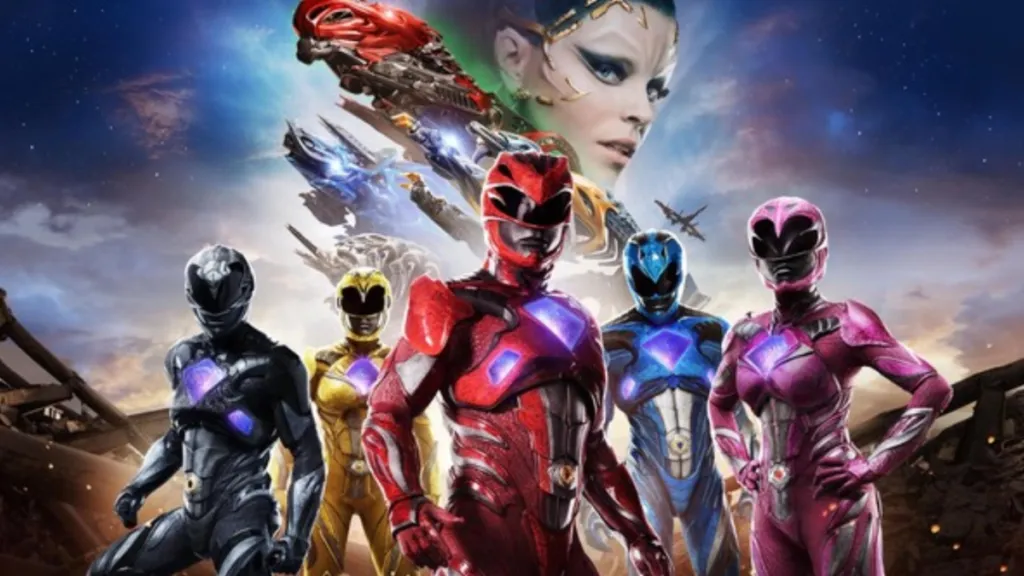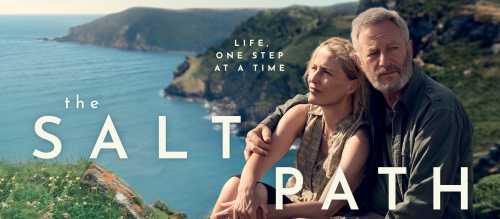28 Years Later – A Haunting Return to a World Unhealed
28 Years Later marks the chilling third chapter in one of the most iconic horror sagas of the 21st century. Directed once again by Danny Boyle and written by Alex Garland, this long awaited sequel picks up nearly three decades after the outbreak of the Rage virus first devastated Britain in 28 Days Later and 28 Weeks Later. Time has passed, but the horror has only evolved.
The world portrayed in 28 Years Later is bleak and broken. Though pockets of civilization have returned, fear and paranoia remain deeply rooted. The virus, believed to be eradicated, has resurfaced in a terrifying new form. More unpredictable, more violent, and spreading faster than ever, it threatens to plunge humanity back into chaos—this time, with little hope of recovery.
The film introduces a new generation of survivors—some born after the original outbreak, others hardened by years of living on the edges of a shattered world. Among them is a former soldier haunted by the sins of the past and a young woman who may hold the key to understanding the virus’s terrifying mutation. Together, they must navigate a landscape that is not just overrun by the infected, but also by desperation, mistrust, and human cruelty.
Boyle’s return to the director’s chair brings back the raw energy and gritty realism that made the original film a genre classic. Handheld cinematography, stark lighting, and nerve shredding silence amplify the sense of unease. The infected are just as terrifying as ever—frenzied, relentless, and eerily human.
The score, minimalist and haunting, creeps under your skin. It does not just accompany the terror—it becomes a part of it. The sound of a single piano key or a distant scream is often more unnerving than the violence itself.
28 Years Later is not simply a horror film. It is a grim meditation on survival, trauma, and the fragility of civilization. It explores the idea that time alone cannot heal certain wounds—that some horrors, once unleashed, never truly disappear.
This is a return that feels both necessary and earned. Gripping, intense, and emotionally devastating, 28 Years Later reminds us that in a world where the line between human and monster continues to blur, the scariest thing may not be the infected—but what we are willing to become in order to survive.



